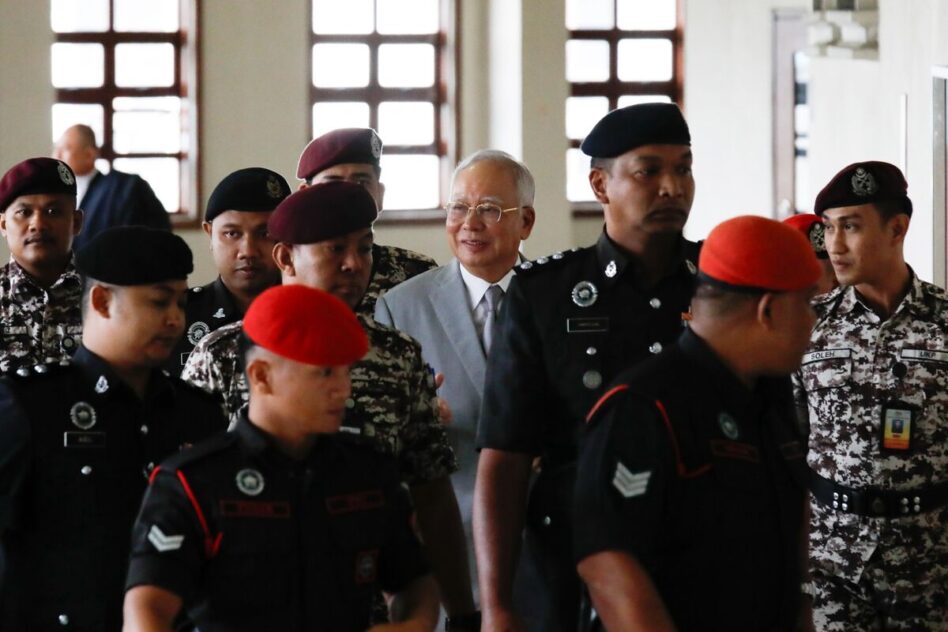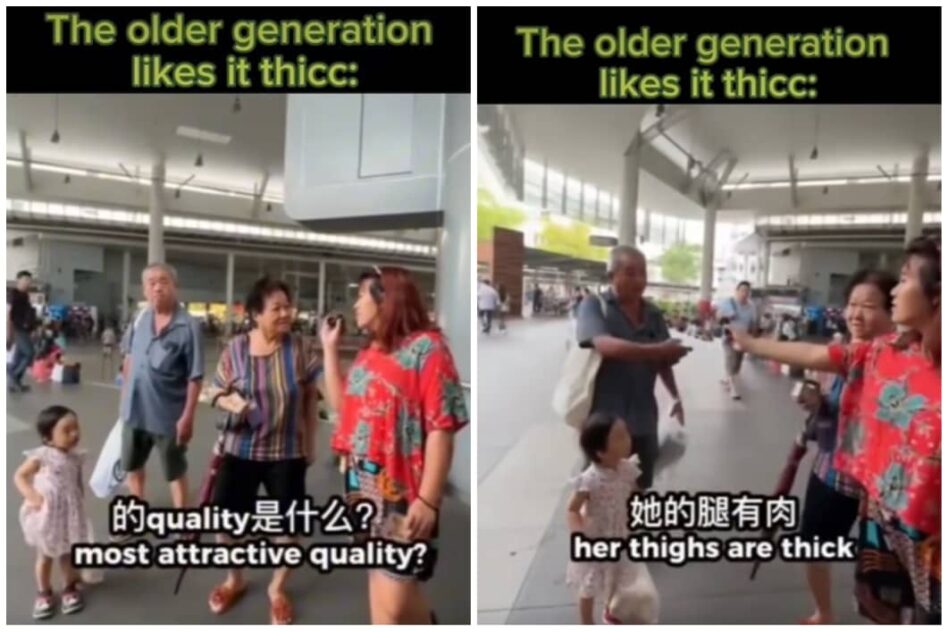A RECENT study by a workers union, the Jaringan Pekerja Kontrak Kerajaan (JPKK), has found serious flaws within the Government’s electronic procurement (e-Procurement) system.
This is because there are many avenues for corruption to work within the system and the fact that many beneficiaries choose to hide behind corporate veils make the process more enticing for those who are looking to cheat.
“The cases have demonstrated that even with the few that have direct political association, how the contract was given and managed is suspicious and, in some instances, ridiculous. This include the case of allowing a company to tender for projects even when it has violated laws,” revealed Investigative Research Report on Beneficiaries of Government Services Contracts.
“Imagine the findings if we were given access to those who hide behind corporate veil. It would be shockingly disturbing.”
The report was conducted in 2020 by JPKK, a coalition of 20 grassroot non-governmental organisations (NGOs) into the plight and social situation of workers who were employed in the security and cleaning services sector within the Education Ministry (MOE) and Health Ministry (MOH).
It was to determine the impact on close to 150,000 workers following the Government’s decision to privatise its cleaning and security services.

Most of these tenders were awarded for a period of two to three years and generally are renewed every three years. However, some tenders provide for a duration of one or two years.
“The findings reflect a bad system with weak accountability measures which are open to direct or procedural tampering from members who were entrusted to maintain the integrity of the system,” revealed the report.
“In establishing that, we can also demonstrate how these individuals or political entities can manipulate the procurement process to reach an outcome of their desire by ‘using’ the same system that was meant to stop such activities.”
One example is the leveraging of secrecy laws such as the Official Secrets Act (OSA) to prevent public scrutiny over tender details.
“Secrecy laws defeat the very purpose of transparency. Without information, it would be extremely difficult to prevent and expose corrupt practices especially if they are conducted by politicians,” lamented the report.
Based on its findings, the report recommended the undertaking of reforms at three levels, namely pre-tender reforms, general reforms and post-tender reforms.
“Given that the findings in this report have established the presence of political entities, either individual or organisational, there is a high possibility that contractors could obtain contracts by abusing their power or by offering bribes to the parties that could manipulate the outcome of a tender in their favour,” added the report. – Sept 8, 2021










